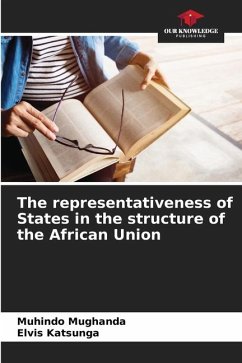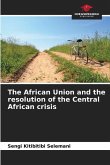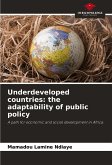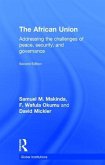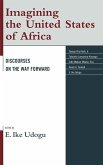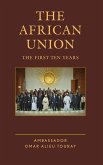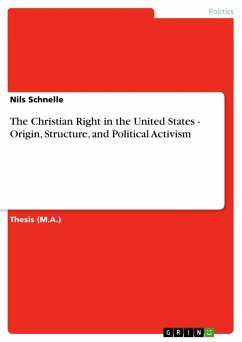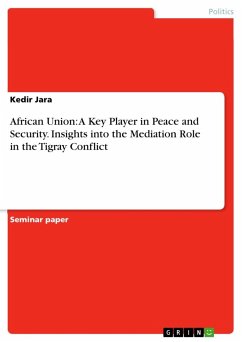This text examines the differentiated occupation of administrative posts within the African Union. It starts from the observation that not all states are represented in the same way, despite the principle of sovereign equality that governs international organisations. He explores the hypothesis that the optimal occupation of posts within the African Union can be explained by the military strength of the member states. In other words, the stronger a state is militarily, the more administrative posts its nationals occupy within the African Union. Using both a quantitative and qualitative approach, he demonstrates that military strength influences the appointment and election of officials to this institution. In the light of these results, he validates the realist axiom of international anarchy while celebrating the marriage between realist and constructivist theories often presented as antinomic. Indeed, his results show that if certain states are over-represented within the Union,it is because their military strength gives them the necessary respect and esteem.
Bitte wählen Sie Ihr Anliegen aus.
Rechnungen
Retourenschein anfordern
Bestellstatus
Storno

